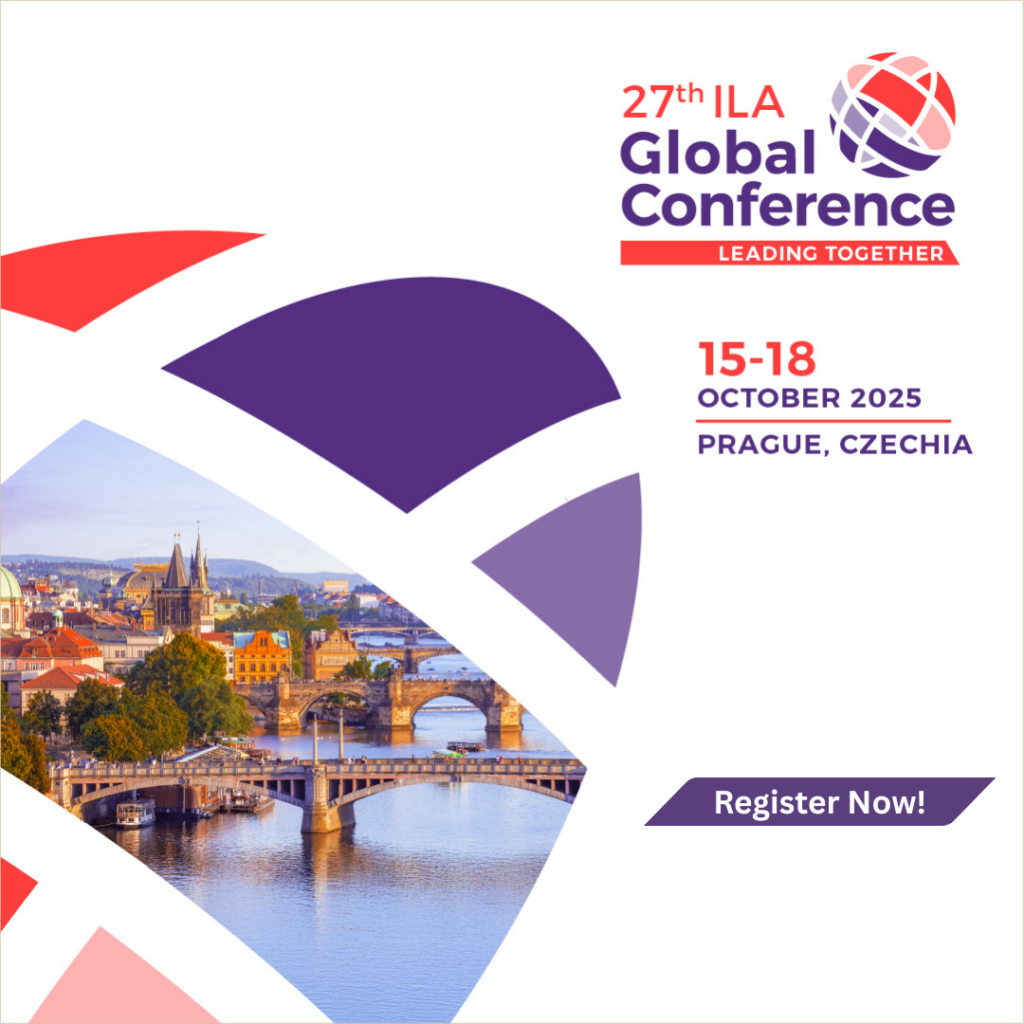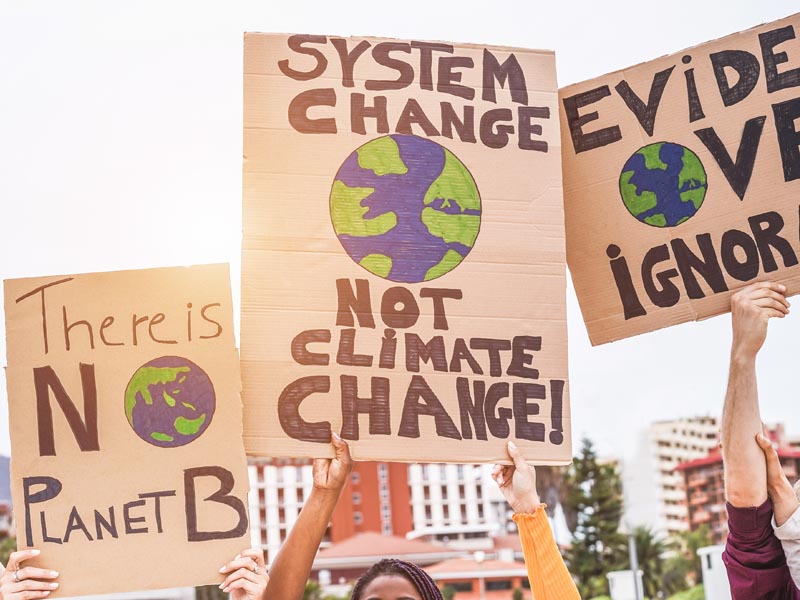
Presenters: Andrés Bernal, Kelly Henderson, Feyisola Alabi, Barbara Johnson, and Kate Sheridan (Moderator)
Date: 3 December 2020
Share:
Requires Member Login.
Not a member?
Join today!
According to the United Nations, global sustainability – “meeting the needs of the present without compromising the ability of future generations to meet their own needs” (United Nations, 2015, para. 1) – faces significant threats beyond climate change and environmental degradation, including poverty, inequality, prosperity, and peace and justice (United Nations, 2015). The causes and consequences of climate change are deeply interwoven with global patterns of inequality, with climate change acting as a multiplier of existing vulnerabilities. A 2007 UN report on climate change indicated that race and socioeconomic status are the greatest indicators of how burdened a community might be with environmental stressors (Hansel, 2018). Add to an already fraught list of burdens and injustice the current racial climate in the United States, where calls for long overdue reforms to systemic racism not only within the police and criminal justice systems are in all spaces in which dominant racial narratives persist are being amplified.
Now more than ever environmental justice is a moral imperative, both for those who have lacked access to land, clean water, and clean air for generations, and for the earth itself. How we enact leadership, and how we educate and equip others to do so, can accelerate equitable change in the face of these interconnected wicked problems, and empower organizations and communities to prosper in ways that center humanity and the environment. This webinar will look closely at the confluence of climate change and social justice, and will consider constructs of leadership that center systems thinking, the adaptive and regenerative capacity of the individual and the system, and perspectives beyond the western leadership canon as approaches for understanding and holistically addressing these interwoven issues. (Heifetz, 2006; Meadows, 2008; Senge, Smith, Kruschwitz, Laur, & Schley, 2008; Wheatley, 2008; Satterwhite, 2010; Western, 2010; Bordas, 2012; Allen, 2019).
Through participating in this webinar attendees will:
- Identify ways that environmental burdens fall disproportionately on marginalized communities
- Identify ways in which social and racial injustice are exacerbated by climate change and environmental degradation
- Explore leadership constructs, theories, and practices that contribute to addressing these inequities
- Gain exposure to organizations and work being done currently in these areas
Speaker Information
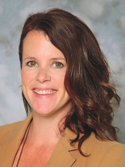
Kate Sheridan is the Director of Career Development at Chatham University in Pittsburgh, Pennsylvania. With over 10 years of experience in higher education Kate has spent most of her career facilitating leadership and professional development opportunities for students. Kate has lead and co-authored several publications exploring the confluence of leadership, sustainability, and peace, and is an active member of the International Leadership Association (ILA) and serves on the Sustainability Leadership Member Community Steering Committee. She received her BA in English from Penn State University and her MA in Leadership Studies from the University of San Diego, and has worked in leadership development and education at universities in California, Virginia, and Pennsylvania.
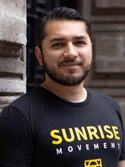
Andrés Bernal is a Research Fellow at the Global Institute for Sustainable Prosperity. He received a BA from the University of Texas Pan-American in Philosophy and an MA in Leadership Studies from the University of San Diego. Andres is currently the Outreach Officer for the Modern Money Network and a visiting Research Fellow at the University of Missouri Kansas City. Andres is a Ph.D. Student in Public and Urban Policy at the Milano Division of Policy Management and Environment at The New School. His research focuses on the political economy and policy design of the Green New Deal as well as the intersection of functional finance with democratic institution building and the social/solidarity economy. He is an experienced leadership coach, facilitator, and organizational development specialist as well as a practitioner of Group Relations methodology in the Tavistock tradition as developed by the AK Rice Institute for the study of social systems and Group Relations International. Andres is also an Advisor to U.S. Representative Alexandria Ocasio Cortez and the student group Young Progressives of America.
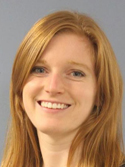
As the Eden Hall Campus K-12 Education Coordinator at Chatham University, Kelly Henderson collaborates with a team of trained Chatham undergraduate and graduate students to host over 2,000 K-12 students per year for experiential field trips on the University’s sustainable farm campus. The Eden Hall K-12 Program team also provides professional development workshops for educators on how to talk about sustainability in the classroom, hosts an annual sustainable K-12 student project conference, collects resources to encourage student-driven community change work in schools, and runs summer camps at Eden Hall. Place-Based Education, Project Based Learning (PBL), Anti-Racist Education and Culturally Responsive Teaching are all critical in her work. On occasion, Kelly is also Adjunct Faculty for the Education Department. She has taught undergraduate classes on “Experiential Learning and Classroom Partnerships.”
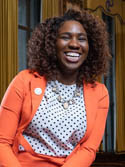
Feyisola Alabi is the Special Initiatives Manager in the Office of Equity for the City of Pittsburgh and Mayor William Peduto. In her role Feyisola is charged with overseeing the city’s Welcoming Pittsburgh initiative which aims to build bridges across cultures. Feyi believes it is her job to focus on how she can better open the doors of local government to ensure residents and communities have access and feel welcomed. As a Nigerian American, Feyi strongly values international collaboration and is always excited to learn how to build bridges across cultures. Feyi holds a Bachelor’s degree in Economics from the University of West Georgia, a dual Master’s Degree in Business Administration and Sustainability from Chatham University, and a Women in Leadership certificate from Coro Pittsburgh.
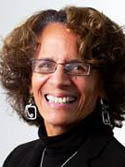
Barbara Johnson serves as the VP of Race and Gender Equity for the YWCA of Greater Pittsburgh. Prior to this, Barbara served as a faculty member and Director of Workforce Diversity and Inclusion at Susquehanna University, and as the founding director of the multicultural office at Carlow University, which later grew into the office of diversity and inclusion. Barbara earned her Bachelor of Arts degree in Performing Arts from Mercyhurst College, and a Master of Education in Educational Leadership and Master of Fine Arts in Creative Writing from Carlow University.

